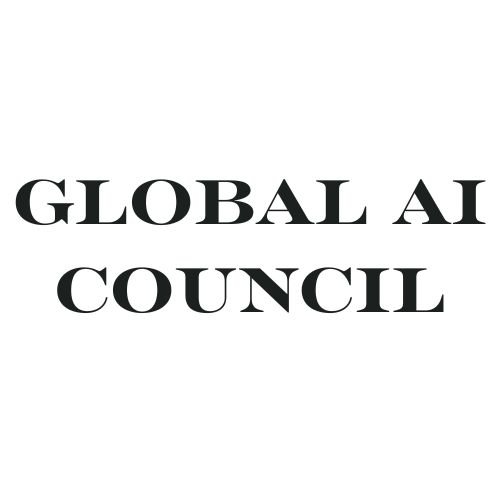The Role of AI in Drug Discovery and Development
Artificial Intelligence (AI) is revolutionizing the pharmaceutical industry, particularly in the areas of drug discovery and development. By leveraging AI, researchers and pharmaceutical companies can streamline the drug discovery process, reduce costs, and bring new treatments to market more quickly. Here’s a look at how AI is transforming drug discovery and development and the key benefits it offers.
1. Accelerating Drug Discovery
Data Analysis and Pattern Recognition: AI algorithms can analyze vast amounts of biological and chemical data to identify patterns and correlations that human researchers might miss. This capability accelerates the identification of potential drug candidates.
Target Identification: AI helps in identifying biological targets for new drugs by analyzing genomic, proteomic, and metabolomic data. This enables researchers to focus on the most promising targets for therapeutic intervention.
Compound Screening: AI can virtually screen millions of chemical compounds to predict their potential as drug candidates. This reduces the need for extensive laboratory testing and accelerates the initial stages of drug discovery.
2. Optimizing Drug Development
Predicting Drug-Target Interactions: AI models can predict how different drug candidates will interact with biological targets, helping to identify the most effective compounds with the least side effects.
Optimizing Drug Design: AI can assist in the design of new drugs by predicting the optimal molecular structures for desired biological activity. This helps in creating more effective and safer drugs.
Biomarker Discovery: AI can identify biomarkers that predict how patients will respond to specific treatments. This information is crucial for developing personalized medicine approaches and improving clinical trial outcomes.
3. Enhancing Clinical Trials
Patient Recruitment: AI can analyze patient data to identify suitable candidates for clinical trials, ensuring that trials are conducted with the right participants and reducing the time required for recruitment.
Trial Design: AI can optimize the design of clinical trials by predicting outcomes and identifying potential issues before they arise. This leads to more efficient and cost-effective trials.
Monitoring and Data Analysis: AI can continuously monitor trial participants and analyze data in real-time, identifying trends and potential safety concerns more quickly than traditional methods.
4. Challenges and Considerations
Data Quality and Availability: The effectiveness of AI in drug discovery depends on the quality and availability of data. Ensuring access to high-quality, comprehensive datasets is essential for accurate AI predictions.
Regulatory Hurdles: The use of AI in drug discovery and development must comply with regulatory standards. Navigating these regulations can be challenging, but it is necessary to ensure the safety and efficacy of AI-developed drugs.
Ethical Concerns: The use of AI raises ethical concerns, such as data privacy and the potential for biased algorithms. Addressing these issues is crucial for maintaining trust and integrity in the drug discovery process.
5. Future Trends and Opportunities
AI and Quantum Computing: The combination of AI and quantum computing holds great promise for drug discovery, offering the potential to solve complex biological problems and identify new drug candidates more quickly.
AI in Personalized Medicine: AI will continue to play a key role in personalized medicine by identifying patient-specific treatments and predicting individual responses to drugs.
Collaborative AI Platforms: The future will see more collaborative AI platforms that integrate data from various sources, enabling researchers and pharmaceutical companies to work together more effectively and share insights.
Conclusion
AI is transforming drug discovery and development by accelerating the identification of new drug candidates, optimizing drug design, and enhancing clinical trials. While there are challenges to address, the potential benefits of AI in the pharmaceutical industry are immense. By leveraging AI, researchers and pharmaceutical companies can develop new treatments more efficiently and bring life-saving drugs to market faster, ultimately improving patient outcomes and advancing healthcare.
